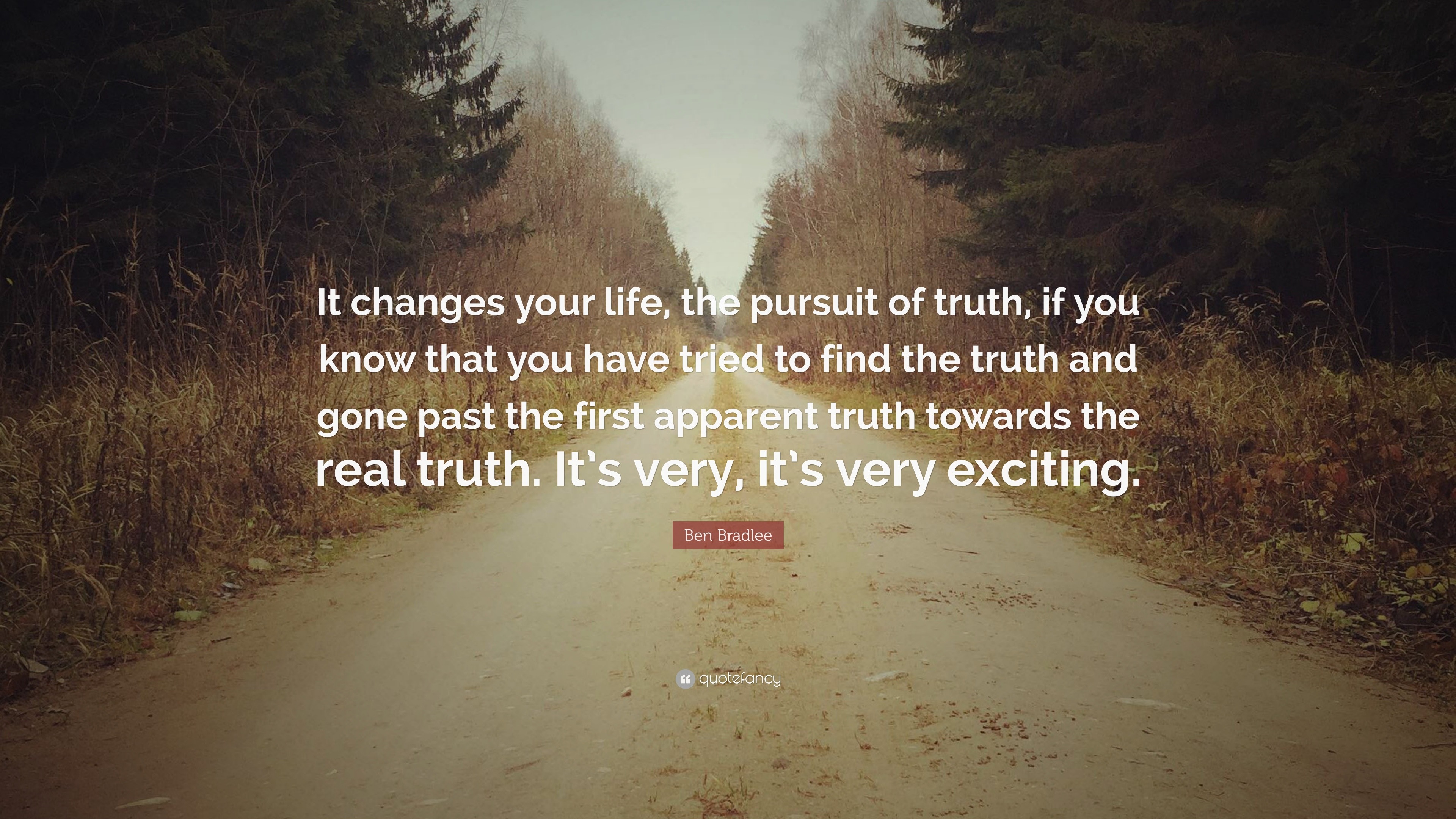



government propagandist in France with close ties to Operation Mockingbird, the spy agency’s project for penetrating and influencing the U.S. In the 1950s, Bradlee not only worked as a U.S. The Washington Post’s Ben Bradlee in his later years. government and its intelligence community, including CIA rising star Richard Helms who had been Bradlee’s friend since childhood. Kennedy created an image of Bradlee as an icon of the “liberal media,” but those chapters of his life are misleading and miss the point of who Ben Bradlee really was and what his legacy truly is.Īs we saw in Part One, Bradlee came from the American ruling elite and operated within a social framework that involved close personal relationships with leading figures in the U.S. But many of the paper’s current tendencies can be traced back to its iconic editor Ben Bradlee, writes James DiEugenio in Part 2 of this series.īen Bradlee’s journalistic reputation is defined in the public’s mind by his role as the Washington Post’s gutsy executive editor during the Watergate scandal and especially by Jason Robards’s dramatic portrayal of him in the movie, “All the President’s Men.” Bradlee’s role in Richard Nixon’s political demise and his famous friendship with John F. Special Report: In recent years, the Washington Post’s emergence as a neocon propaganda sheet has struck some as a betrayal of the Post’s earlier reputation as a serious newspaper.


 0 kommentar(er)
0 kommentar(er)
